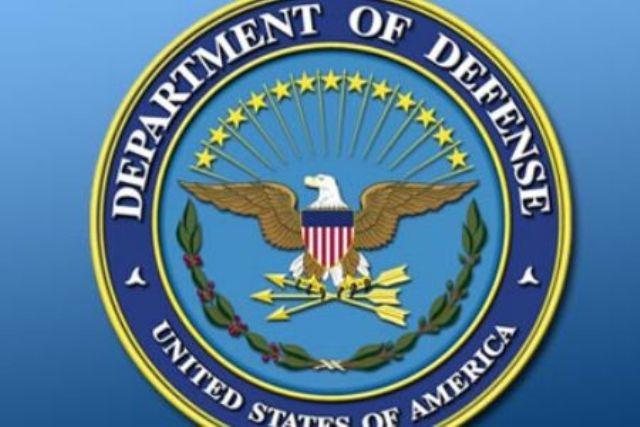WASHINGTON (Pajhwok): The Pentagon on Tuesday said Pakistan actor affecting Afghan stability and the military alliance’s mission.
“Pakistan views the outcome of Afghanistan to be in its vital national interest and thus remains driven by its India-centric regional policy objectives,” the Pentagon said in its six monthly report to the Congress.
It said the Afghan-oriented militant groups, including the Taliban, retained freedom of action inside Pakistani territory and benefited from support from elements of the Pakistani government.
“Although Pakistani military operations have disrupted some militant sanctuaries, certain extremist groups — such as the Taliban and the Haqqani Network — were able to relocate and continue to operate in and from Pakistan.”
The Pentagon said the United States continued to convey to Pakistan at all levels the importance of taking action against all terrorist and extremist groups.
The existence of up to 20 terrorist or insurgent groups in Afghanistan and Pakistan required a US presence in the region.
In its report, the Pentagon pushed for increased collaboration between Afghanistan and Pakistan to maintain pressure on militant and terrorist groups and for meeting the enduring security requirements on both sides of the shared border.
The report said the trust deficit resulting from Pakistan’s support of and inaction against Afghan-oriented extremists was hampering the bilateral military collaboration required to achieve enduring security.
Since the beginning of President Ghani’s tenure, leaders from both countries have made several attempts to improve relations and to address mutual security interests more effectively, such as the threat from various extremist groups that reside in the Afghanistan-Pakistan border region, it said.
These efforts have largely ceased following major high-profile terrorist attacks in both Afghanistan and Pakistan and public statements by each government disparaging one another.
Each country publicly claims that the other provides sanctuary to certain militant groups and lacks the will to combat them, it said.
The Pentagon said Afghanistan continued to face an externally enabled and resilient insurgency, adding that, Afghan forces have shown determination and continued capability growth in their fight against the Taliban-led insurgency.
“The Afghan government retains control of Kabul, major population centers, most key transit routes, provincial capitals, and a majority of district centers.”
Meanwhile, the Taliban continued to contest district centers, threaten provincial capitals, and temporarily seize main lines of communication throughout the country, especially in high-priority areas like Kunduz and Helmand Provinces.
“As of February 2017, RS assessed that the Afghan Government maintained control or influence over 65 percent of the population, while the Taliban had control or influence over approximately 11 percent of the population, with the remainder being contested,” it said.
ma








GET IN TOUCH
NEWSLETTER
SUGGEST A STORY
PAJHWOK MOBILE APP